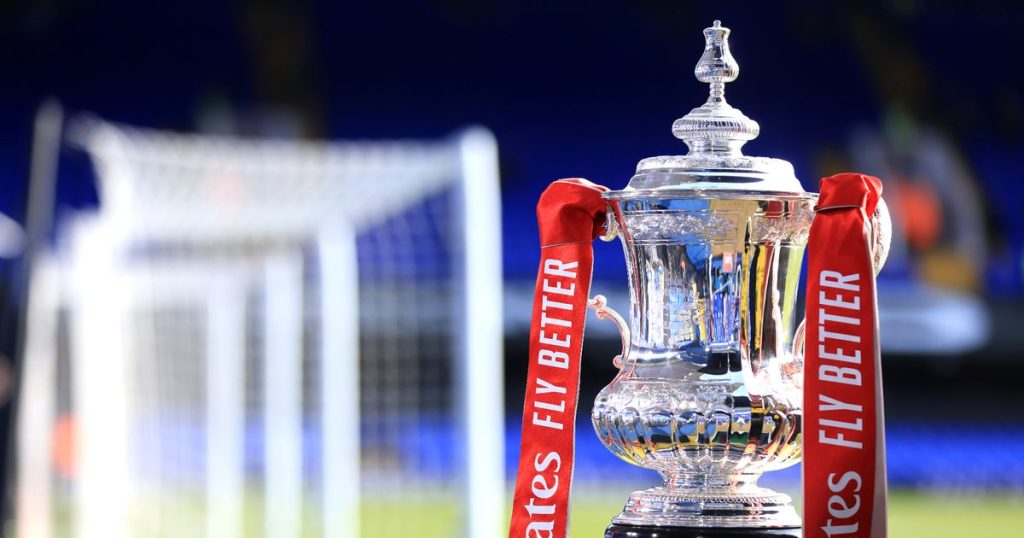The Football Association has announced that FA Cup replays will be scrapped starting from next season in an effort to ease the pressure on the football calendar. This decision has been met with backlash from traditionalists and fans of the oldest cup competition in the world. The new agreement with the Premier League will see several changes, including the elimination of replays, rescheduling of the FA Cup final, and the provision of additional funding to grassroots football. The decision has raised concerns about the impact on lower league clubs, the football pyramid, and player welfare.
The move to scrap FA Cup replays has been criticized by Fair Game CEO Niall Couper and Tranmere Rovers’ vice chair Nicola Palios, who believe it will deprive lower league clubs of much-needed revenue. Palios questioned why the Premier League, representing only a small percentage of teams, was able to dictate the FA Cup format without input from EFL clubs. Despite the backlash, FA chief executive Mark Bullingham defended the decision, emphasizing the importance of the FA Cup and highlighting the financial support provided to grassroots football.
The scrapping of FA Cup replays has also raised concerns about the impact on EFL clubs, with EFL Chief Executive Trevor Birch expressing frustration and disappointment over the decision. Professional Footballers’ Association chief executive Maheta Molango highlighted the lack of coordination in football to address fixture scheduling challenges and protect domestic competitions. The decision reflects the broader calendar pressures driven by UEFA and FIFA competitions, which have significant consequences for clubs at all levels of the pyramid.
While the FA Cup replays’ elimination aims to streamline the football calendar, questions have been raised about its potential impact on the game’s overall health and sustainability. The move comes amidst a broader shift in football governance and fixture planning, with calls for a more collective and long-term approach to addressing challenges in the sport. The decision underscores the complex web of competing interests and priorities within the football ecosystem that require thoughtful and coordinated solutions to protect the game’s future.
The FA’s decision to scrap FA Cup replays has sparked debates about the balance between tradition, financial considerations, and player welfare in modern football. The move reflects broader trends in the sport, driven by commercial interests, competition expansion, and the evolving demands of a global audience. As football grapples with the impact of the COVID-19 pandemic and other external pressures, there is a growing recognition of the need for a holistic and sustainable approach to managing the game’s complex landscape.
Ultimately, the scrapping of FA Cup replays underscores the challenges and trade-offs facing football stakeholders as they navigate a rapidly changing and increasingly demanding landscape. The decision to eliminate replays is just one example of the tensions between tradition, commercial interests, and the need for innovation and adaptation in the modern game. As football continues to evolve, stakeholders will need to engage in constructive dialogue and collaboration to ensure the sport’s long-term health, sustainability, and relevance in a dynamic and competitive global environment.


